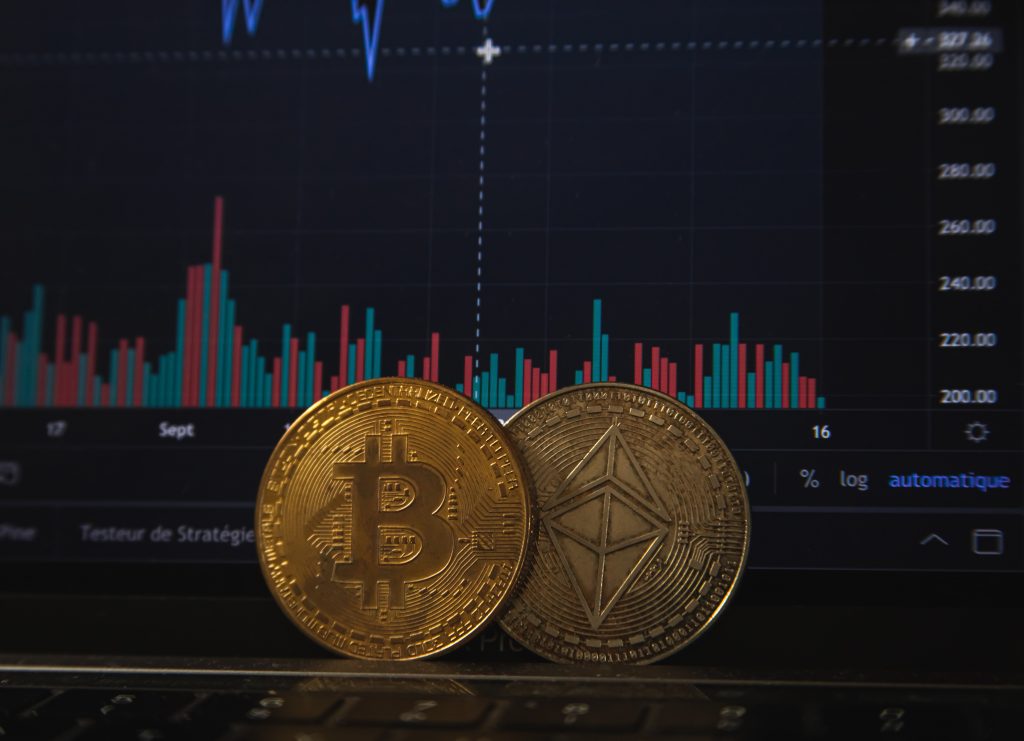
Digital assets are becoming increasingly popular all over the world, as investors see the potential for great returns. By the end of 2022, global owners of crypto assets are expected to exceed 1 billion. Although initially slow to gain mainstream adoption in the region, their popularity is quickly growing among GCC residents. In Saudi Arabia specifically, cryptocurrency ownership has rapidly increased over the past 5 years, with 77% of the population having some awareness of digital assets and 18% actively trading in crypto. This increased level of digital asset trading activity is creating a need for a clearer regulatory framework within the region.
GCC Countries Move To Regulate Crypto Assets
Digital asset regulation differs from country to country across the GCC. Some take a more hands-on approach while others have been unhurried. Bahrain, an early adopter of crypto regulations, launched a directive in 2019. The directive states that no person may market or undertake business activities comprising regulated crypto-asset services from within the Kingdom of Bahrain, without obtaining a licenses from the Central Bank of Bahrain (CBB).
In 2020, the UAE’s Securities & Commodities Authority (SCA) published “The Authority’s Chairman of the Board of Directors Decision No. (21/R.M) of 2020 Concerning the Regulation of Crypto Assets”. This directive outlines SCA’s licensing regime for any ICOs, exchanges, marketplaces, crowdfunding platforms, custodian services, or related financial services based upon, or leveraging crypto assets that wish to operate within the country. It states that crypto trade service providers must be incorporated onshore within the UAE and obtain the correct licensing. They must also comply with the country’s anti-money laundering and counter-terrorism financing laws, cyber security compliance standards, and data protection regulations.
In contrast to its Gulf neighbours, Qatar took the decision to announce an outright ban on cryptocurrency trade, with the exception of security tokens in 2020. Citing sources of Islamic scholarship, the leadership determined that cryptocurrency trading was in breach of the Shari’ah principle of the forbiddance of riba (usury).
Crypto & Digital Asset Adoption In KSA
While interest in digital assets remains high within the Kingdom (34% of residents express an interest in investing), adoption remains lower than the global standard. However, within the Arab world, Saudi residents come in third place in crypto ownership. Younger higher-income Saudis (earning at least 30,000 riyals per month) are the demographic most likely to pursue crypto investment, while those over 45 years of age show the most hesitancy.
Saudi Arabia’s first non-fungible token (NFT) marketplace Nuqtah was launched in 2021, showcasing digitally tradeable art from leading Middle Eastern and North African artists. Founder, Salwa Radwa believes, “We are currently witnessing the revolution of what is known as the Internet, not only with blockchain technology, but ownership of virtual assets through NFTs”.
Princess Reem Al Faisal — one of the first women to document the hajj with her photography — recently entered the NFT world with the launch of her NFT collection “Makkah and Medina”. Her digitized historic images of the holy pilgrimage were sold on the OpenSea NFT marketplace, drawing greater attention to this form of digital asset trading within the Kingdom.
Saudi Arabian Regulations Affecting Digital Assets
Cryptocurrencies have a quasi-legal status within Saudi Arabia. In 2018, the government placed an outright ban on banks processing any transactions involving cryptocurrencies. The government has repeatedly maintained that those who trade in cryptocurrencies are doing so illegally and have no financial protection and risk the loss of their assets. However, there are currently no legal penalties in place for people who choose to trade in digital assets, whether crypto, NFT, or otherwise.
Currently, this legal grey area presents a challenge to potential crypto investors within Saudi Arabia, who may be hesitant to engage in crypto-trading activity out of fear of possible legal repercussions. NFTs remain a safe option for many in the Kingdom as they are not currently considered to be cryptocurrencies, with their trade not falling under the blanket crypto ban.
With Saudi Arabia’s neighbors seeking to bring the world of digital asset trade under the control of a regulatory framework, it’s possible that the Kingdom may follow suit in the coming years. The country’s youth population maintain a keen interest in all things digital and will likely welcome the introduction of regulations that legitimise the crypto and digital asset space.
